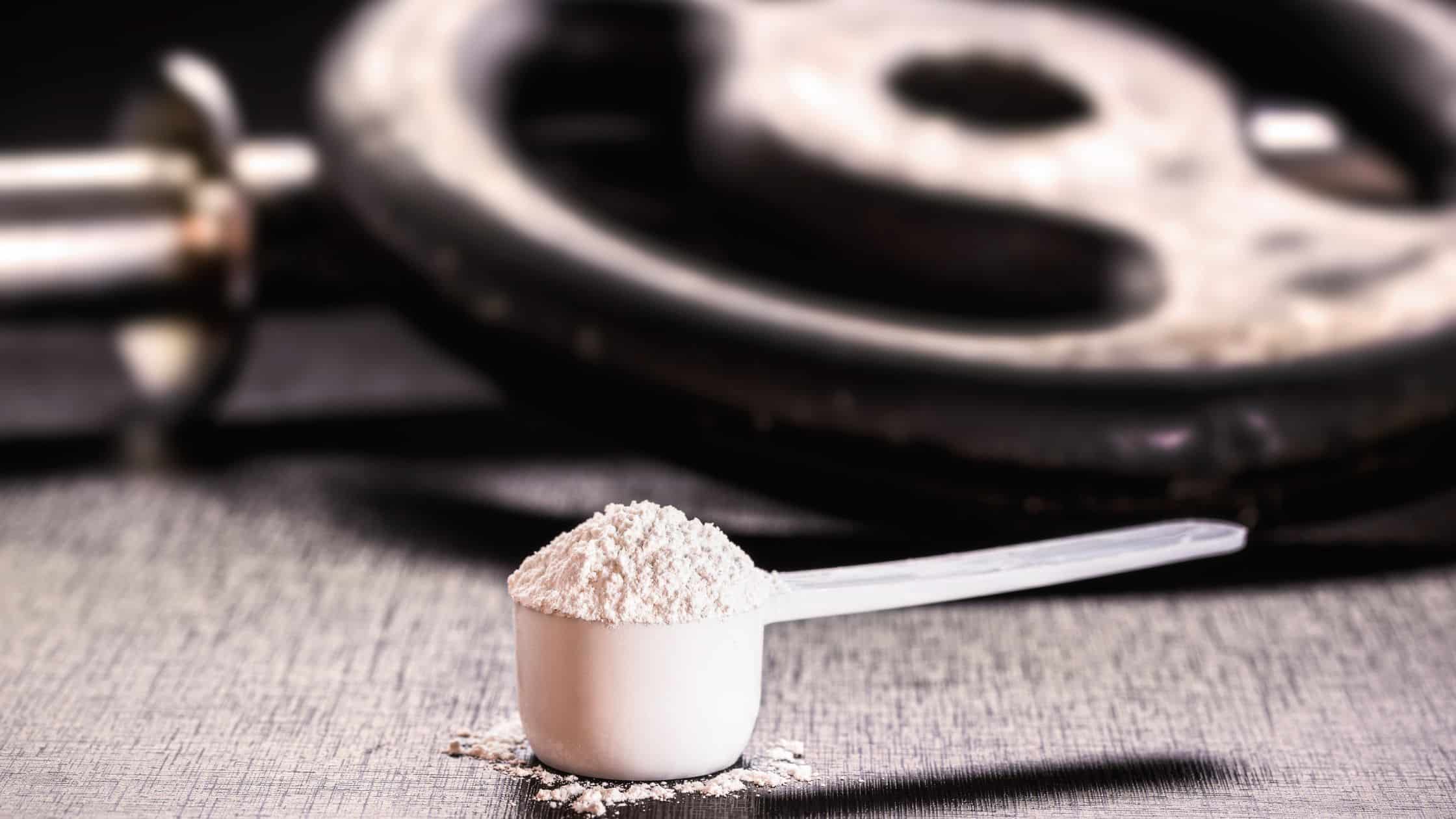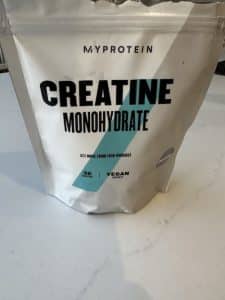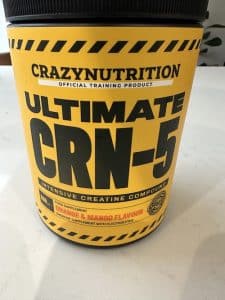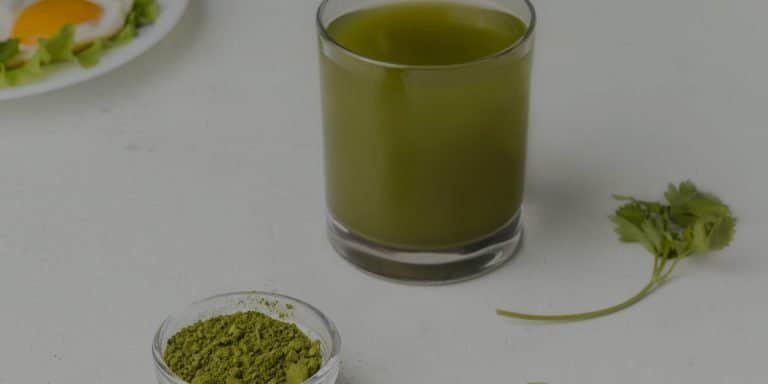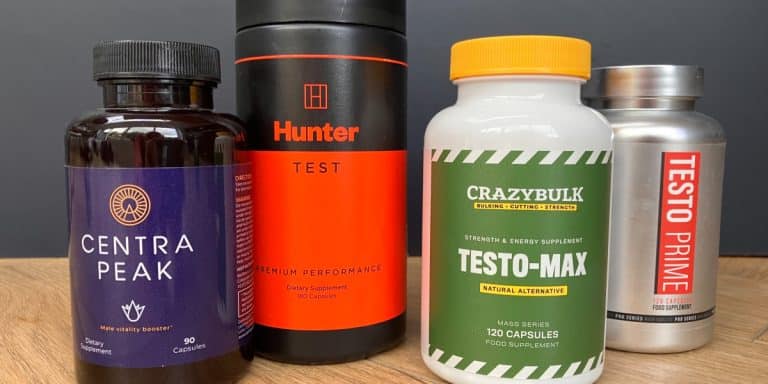Is Creatine Worth It?
You want to invest in the right supplements to support your efforts in the gym. But is creatine worth it? Can you afford to bin it from your training programme? Ben Hardman outlines the answer and reasons behind it.
It’s one of the most popular supplements with all kinds of lifters in the gym, but is creatine really worth it?
This isn’t just a question creatine newbies may be wondering, before they consider supplementing with it. It’ll also be a question for many who are taking creatine because they ‘just think they should’.
But do you know what you’re seeking from a quality creatine supplement, and what it’s expected to do? Is it simply an overhyped fad? Is it worth your hard-earned money?
The short answer is this: yes, creatine is definitely worth taking.
It’s fully backed by science and shown to be effective for almost everyone. That said, there are a couple of things you need to watch out for when choosing a type of creatine, plus a few misconceptions that need clearing up.
What does creatine do in the body?
Before assessing if creatine is worth taking for you, we first need to understand what it actually does in the body.
Creatine is the primary energy recycler in your muscles. During times of hard work when there’s not much oxygen around, it gives you an extra few seconds of precious energy in the form of ATP (adenosine triphosphate) – the key energy molecule used for muscle contractions.
It works by donating a phosphate molecule to the spent ADP (adenosine diphosphate) to reform ATP.
This short cycle provides a brief burst of readily-available energy – generally 10-30 seconds’ worth – that can be tapped into immediately to power intense muscular effort.
It doesn’t sound like a lot, but it might give you that extra bit more energy to bust out an added rep or two, or add an extra 5 or 10 kilograms to the bar when your energy stores are flailing.
Scientifically-proven benefits of creatine
Now that we understand how it works in our muscles, let’s take a look at the many benefits of creatine. It’s worth noting that these benefits can be realised when a daily dose of 5-10g of creatine is combined with regular and consistent resistance training:
- Increases muscle mass
- Increases strength and power
- Improves performance for explosive activity – such as sprints, vertical jumps, HIIT work
- More visible muscular appearance – thanks to drawing water into muscles
Hundreds of peer-reviewed research studies unanimously agree – creatine supplementation is beneficial for building muscle and increasing strength in weightlifters and athletes.
Many of the previous studies were systematically reviewed in a thorough 2023 meta-analysis. I do like a meta-analysis for bringing out the top-level trends without getting bogged down in the nuance. Though details are important, an overview can shed clarity onto a subject when done correctly.
The meta-analysis, the first done in 20 years on creatine, concluded that creatine boosts lean body mass gains from strength training by a third.
These muscle and strength benefits likely stem from creatine’s energy-enhancing effects allowing users to train harder, lift more weight, and place greater mechanical tension on muscles over time.
Non-training creatine benefits
There are also other non-training benefits that make creatine supplementation worth it:
- Potential to improve cognition and brain health
- Safe supplement with minimal adverse effects
- Affordable
Alongside the athletic and sports performance benefits, emerging research indicates that creatine could also boost long-term brain health and functioning in several ways.
Multiple studies suggest it may help protect against neurodegenerative diseases, such as Alzheimer’s. Others note improved cognition in the elderly, reduced mental fatigue, and enhanced recovery from brain injuries.
More research is still needed though, but it’s certainly an exciting advancement.
Which type of creatine is the best?
There are a lot of different types of creatine out there now. But there’s only one answer for the best type for me, and it’s creatine monohydrate, or micronised creatine monohydrate.
Here’s a quick overview of the main types of creatine:
Creatine Monohydrate
The most common and well-researched form. It has consistently demonstrated benefits for strength, power, and muscle growth. Micronised creatine monohydrate uses smaller particles for enhanced absorption.
Creatine HCL (Hydrochloride)
Aims to improve solubility and absorption, but shows no major added benefits over monohydrate in research. I’ve tried unflavoured creatine HCL, and it was terrible.
Creatine Ethyl Ester
Tries to increase bioavailability but evidence is limited, and efficacy is unclear.
Creatine Citrate
Combines creatine with citric acid to enhance solubility. However, studies show no significant improvements over monohydrate.
Creatine Pyruvate
Combines pyruvic acid, but absorption levels are similar to monohydrate.
Buffered Creatine (Like Kre-Alkalyn)
Uses buffers to reduce creatine breakdown, but evidence is inconclusive versus monohydrate.
Other niche forms include creatine magnesium chelate, creatine malate, creatine gluconate, and creatine nitrate. These aim to improve solubility, absorption, or effects, but lack sufficient evidence.
All these fancy types of creatine tend to be more expensive, too. Go with the tried-and-tested science, which points to creatine monohydrate.
It’s worth saying you can take creatine in different forms to suit your preference, such as powder, tablets, capsules and gummies.
Call me boring, but I think an unflavoured powder form of creatine is best. I like to stack it with other powders; for example, in my post-workout protein shakes or non-training day smoothie.
Negatives of creatine?
With over 700 human studies performed, creatine is one of the most extensively researched sports supplements with an exceptional safety record. No serious side effects have been observed with standard dosages of 3-5 grams per day over months and years of use.
I’ve personally been taking creatine for the past 15 years. There have been times when I haven’t taken it for a few weeks or months, but for the most part, creatine has been a staple supplement for me. I’ve never encountered any side effects. The only bad experience I’ve had was with a bag of creatine HCL that tasted like battery acid.
Mild side effects like stomach upsets can sometimes be caused. This can happen with almost any new substance, and completely depends on individual sensitivities.
There has been some association with creatine to hair loss and kidney damage. No studies have shown these side effects, which appear to be more genetic causes. If you do have any underlying personal or hereditary issues, please consult with your doctor before taking creatine.
One thing to watch out for is how much water you’re drinking (or not drinking).
Creatine will draw water into your muscles, which means there’s less circulating around your body. This isn’t a major issue; it just means you have to make sure you drink enough water and stay hydrated throughout the day.
With a bit more water retention, it’s likely you’ll gain weight with creatine. Again, this isn’t a major issue. Water can be lost very quickly. Also, due to creatine’s muscle building capabilities over time, you might gain weight from added muscle.
Is Creatine Worth Supplementing With?
In my view, absolutely 100%. If you’re doing any sort of resistance training or explosive-based fitness, like sprinting or sports, creatine is definitely worth taking.
Given the extensive scientific evidence, proven safety track record, affordability and minimal side effects, creatine lives up to its reputation and is one of the few sports supplements worth investing in.
The performance and physique benefits are clear, with increased strength gains and enhanced muscle mass. There are the cognitive and neurological benefits as well, which are worth it on their own.
To find out if creatine is worth it for you, I’d highly recommend giving it a try for a couple of months. It can take up to a month for muscular creatine levels to reach their peak when supplementing, so stick with it, see how it goes, and see how you feel.
References
The Effects of Creatine Supplementation Combined with Resistance Training on Regional Measures of Muscle Hypertrophy: A Systematic Review with Meta-Analysis https://www.ncbi.nlm.nih.gov/pmc/articles/PMC10180745/

